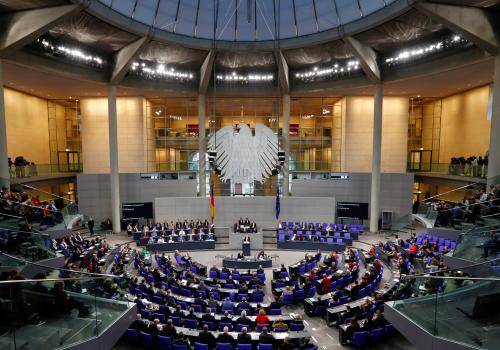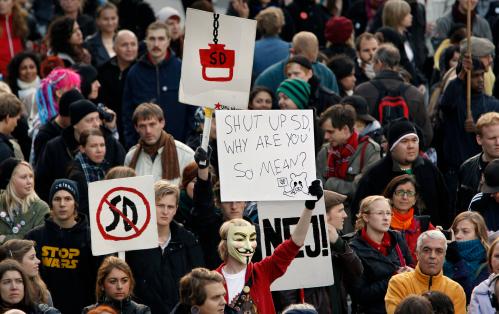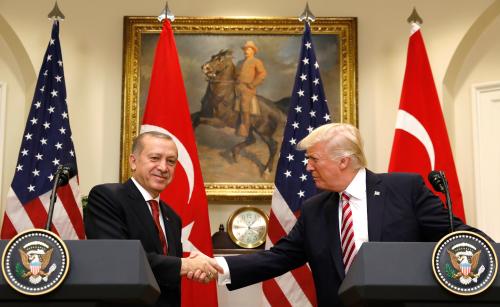 Executive summary
Executive summary
The doctrine of nationalism will continue eroding Europe’s integration until its hidden cause is recognized and addressed. In order to do so, Europe’s policymakers must acknowledge a new, powerful, and pervasive factor of social and political change: divergence within countries, sectors, jobs, or local communities.
The popularity of the nationalist rhetoric should not be underestimated. Nationalist parties—like the Italian “Lega,” the French “Rassemblement National,” or the German “Alternative für Deutschland”—present themselves as a response to the damages inflicted by globalization in terms of impoverishment and inequality. Their rhetoric claiming that borders must be closed is simple and attractive. In fact, empirical evidence does not confirm a direct relation between open borders and impoverishment in Europe; there is also no univocal relation between economic inequality or stagnation and the rise of consensus for nationalist or anti-European parties. Finally, inequality seems to have increased more within countries than between them. Therefore, none of the reasons underpinning the claims for closing borders is watertight.
This paper offers a different explanation of the increasing unease in European societies leading to the popularity of nationalism: the development of two persistent social dynamics, the first trend driving individuals to fear their irreversible decline, and the second dynamic leading more prosperous parts of society to protect their increasing economic advantages and well-being. These dynamics lead to what I call “secular divergence,” a trend that does not coincide with the obvious inequalities, and not even only with regional inequalities. It is rather a protracted sense of marginality felt by those who fear the unstoppable decline of their profession, community, or family, and a sense of detachment among those who instead protect their growing well-being in an unstable world.
The major changes have occurred between 2013 and 2014, before the major migration crisis. In fact, we have not been able to understand what was happening because it is actually something new that affects the credibility of democracy, public discourse, and its rationality.
The credibility of democracy suffers from a temporal contradiction. If a government wants to, it can correct inequality in just a few months by changing tax levels and enacting redistributive policies. However, it takes many years, and sometimes decades are not enough, to correct the divergence, de-industrialization, or obsolete knowledge and technologies. If this unprecedented temporal contradiction between the popular vote and the solution to problems is not made explicit, then democracy, its cycles, and even its language will become worthless in the eyes of citizens.
In fact, divergence changes the language of society: As long as the problem was the defeat of poverty, political competition was between leaders—either Christian or communist, liberal or socialist—who could use, in alternative ways, the same rhetoric of good feelings and even of a universal community. But if the problem is divergence between states, regions, ethnic groups, jobs, or individuals, then public rhetoric will aim to discriminate. Therefore, it must be aggressive, deprecating, dehumanizing. The change in the public discourse is one of the clearest features of the new populist leaders. At the political level, the same language trickles down to individuals through the interaction of new and old media. If discrimination is consistent with hitting back against divergence, then injustice caused to others becomes a necessary means to achieve another type of justice. The objective observation of political costs and benefits becomes secondary and truthfulness may be only an obstacle. Pulsion prevails over reason. In a few years the whole society changes.












